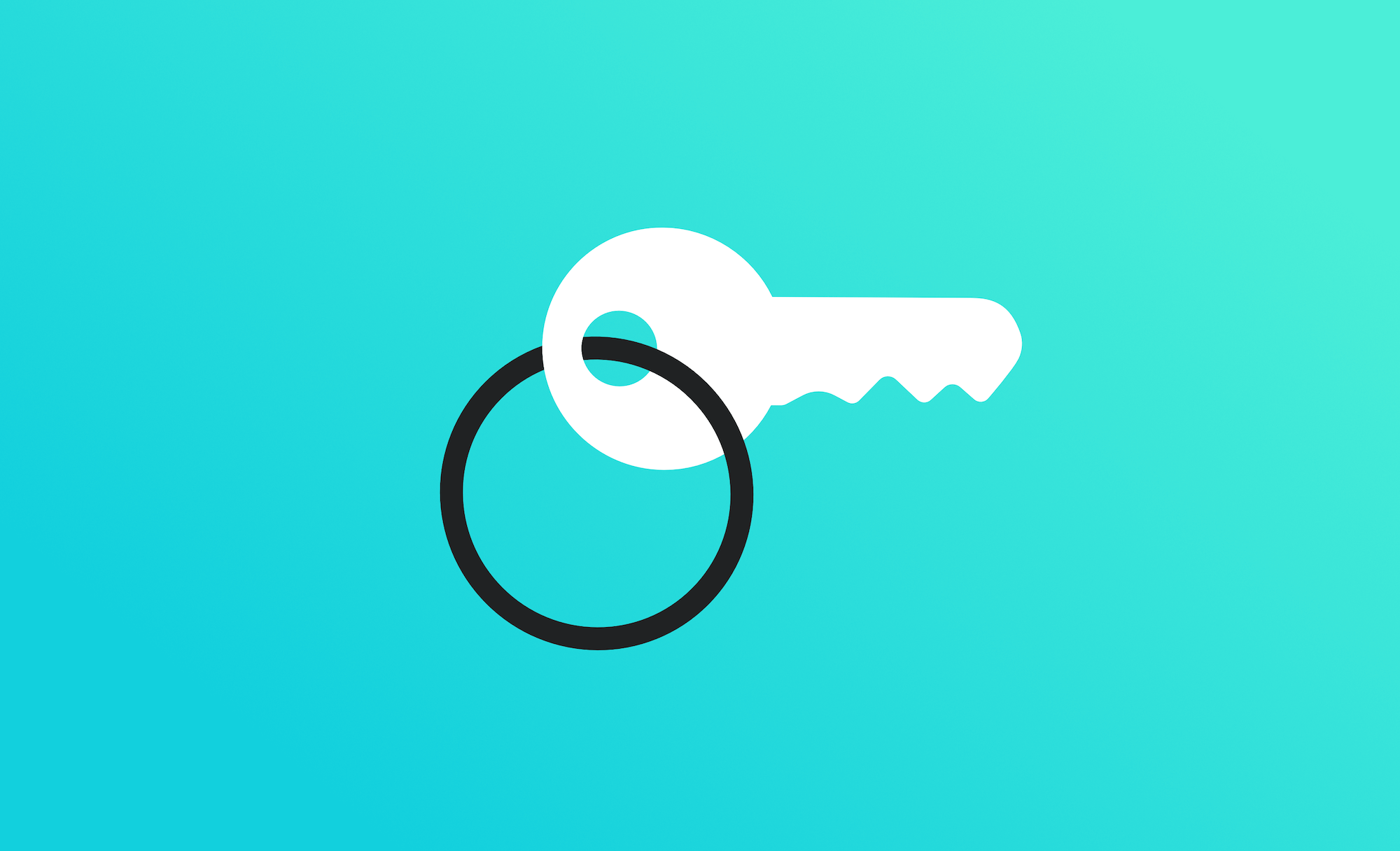How To Run Your Own Bitcoin Full Node - Its Easy
A guide to collaborating with other staff users to publish, and some resources to help you with the next steps of growing your business

Running your own Bitcoin full node is an important step in supporting the decentralized nature of the Bitcoin network. A full node is a computer that fully validates transactions and blocks on the Bitcoin blockchain. By running a full node, individuals can help to ensure the integrity and security of the network, and also gain a greater understanding of how the Bitcoin system works.
One of the main benefits of running a Bitcoin full node is that it allows for greater decentralization of the network. The more full nodes there are on the network, the more decentralized it becomes. This is important because decentralization ensures that no single entity has too much control over the network, which helps to prevent censorship and other forms of tampering.
Another benefit of running a Bitcoin full node is that it allows for greater security on the network. Full nodes validate transactions and blocks to ensure that they are following the rules of the protocol. This means that if a malicious actor tries to introduce an invalid transaction or block, it will be rejected by the full nodes on the network. This helps to ensure that the network remains secure and that individuals’ funds are protected.
Running a Bitcoin full node also provides a greater level of privacy. Full nodes do not need to rely on third-party services to access the blockchain, they can validate transactions and blocks on their own. This means that a user can transact on the Bitcoin network without revealing their IP address or other identifying information to a third party.
Option One: Using Umbrel
Umbrel is a user-friendly and easy-to-use software that allows you to run a full Bitcoin node on a low-cost, single-board computer such as a Raspberry Pi.
Here are the steps to set up a Umbrel Bitcoin node:
- Purchase a Raspberry Pi: The first step is to purchase a Raspberry Pi, a low-cost, single-board computer that is compatible with Umbrel. You can purchase a Raspberry Pi from the official website or from a variety of retailers.
- Install Umbrel OS: Once you have your Raspberry Pi, you will need to install the Umbrel operating system on it. This is a special version of Linux that is designed to work with Umbrel and can be easily downloaded from the Umbrel website.
- Configure your node: After the operating system is installed, you will need to configure your node by setting up your node's connection to the network, as well as configuring any additional security or privacy settings that you prefer.
- Download the blockchain: Running a full node requires downloading the entire blockchain, which can be a time-consuming process. Umbrel makes this process easy, by handling the download and storage of the blockchain for you.
- Keep the node running: Once the blockchain is downloaded, you will need to keep your node running in order to validate and propagate transactions on the network. This means keeping your Raspberry Pi on and connected to the internet at all times.
- Keep your node updated: As the Bitcoin protocol is updated, you will need to keep your node updated in order to continue participating in the network. Umbrel will handle this process for you, automatically updating your node as needed.
By using Umbrel to set up your Bitcoin node, you are able to run a full node in an easy and affordable way. Umbrel takes care of all the technical details, allowing you to focus on supporting the decentralized network and securing your own transactions. It's also a great way to learn about Bitcoin and how it works.
Option Two: Bitcoin Core
Installing Bitcoin Core is another option for running a full Bitcoin node and supporting the decentralized network. Bitcoin Core is the reference implementation of the Bitcoin protocol and is considered to be the most secure and reliable option for running a full node.
Here are the steps to install Bitcoin Core on your computer:
- Download the software: The first step is to download the Bitcoin Core software from the official website. Make sure to download the version that is compatible with your operating system (Windows, Mac, or Linux).
- Verify the software: Before installing the software, it's important to verify its authenticity to ensure that you are downloading the correct version and that it hasn't been tampered with. This can be done by checking the software's digital signature against the one provided on the website.
- Install the software: Once you have verified the software, you can proceed with the installation. Make sure to follow the installation instructions carefully, and ensure that the software is installed correctly.
- Configure your node: After the software is installed, you will need to configure your node by setting up your node's connection to the network, as well as configuring any additional security or privacy settings that you prefer.
- Download the blockchain: Running a full node requires downloading the entire blockchain, which can be a time-consuming process. The speed of the download will depend on the speed of your internet connection and the amount of available storage on your computer.
- Keep the node running: Once the blockchain is downloaded, you will need to keep your node running in order to validate and propagate transactions on the network. This means keeping your computer on and connected to the internet at all times.
- Keep your node updated: As the Bitcoin protocol is updated, you will need to keep your node updated in order to continue participating in the network. This means regularly checking for updates to the Bitcoin Core software and installing them as needed.
By installing Bitcoin Core and running a full node, you are helping to ensure the security and decentralization of the network, while also increasing the security of your own transactions. It's important to note that running a full node requires a significant amount of storage and bandwidth, so it may not be practical for everyone. But it is a great way to contribute to the Bitcoin community and help to strengthen the network.
